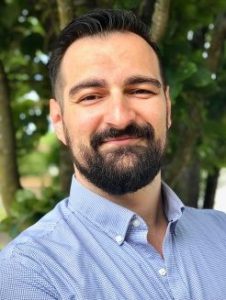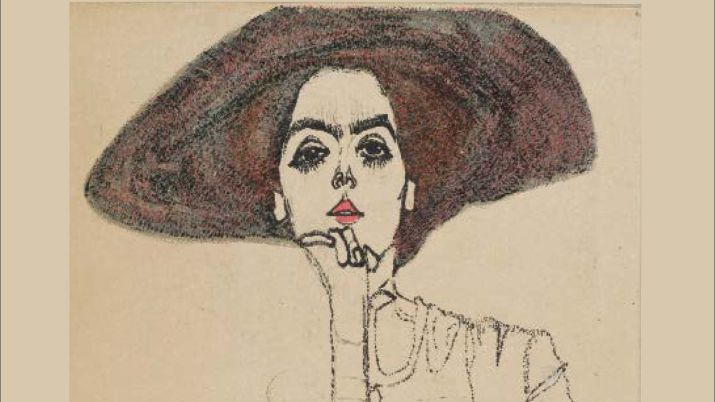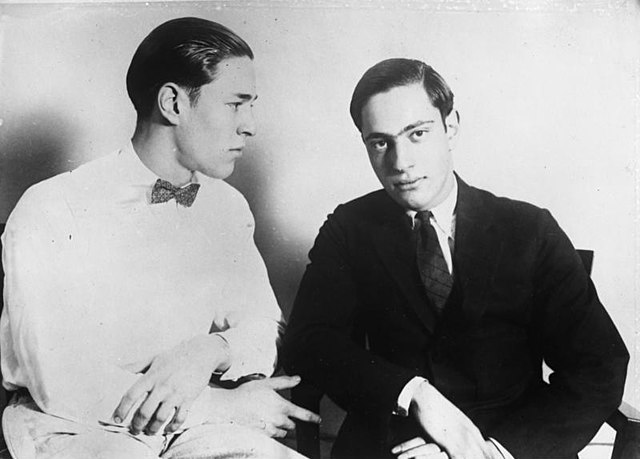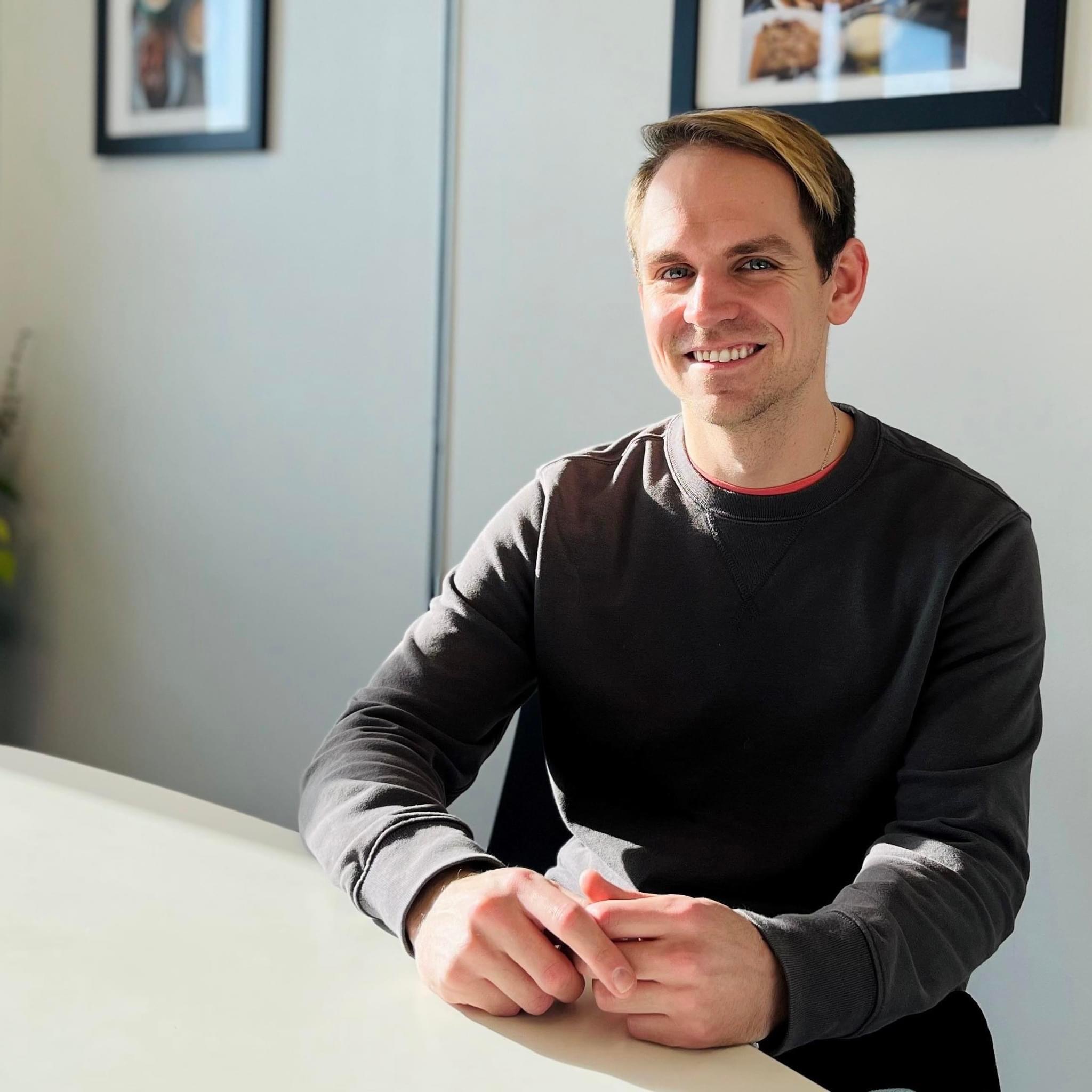Why pursue German Studies at the University of British Columbia? Dr. Ervin Malakaj (Assistant Professor of German Studies and Director of Undergraduate Studies in German) believes that the coursework and co-curricular work in the UBC German Program are important catalysts for community and good relations.


For many of us, the work at the Centre resulted in improved scholarly projects. But it also led to more. Frequently, the conversations in the colloquium and during other occasions turned into a coffee get-together, a lunch, or a dinner. This meant that the intellectual work we pursued in the official setting of the institution was not bound to it. On the contrary, our conversations could take place and thrive in different settings. They can begin here and be carried on over there. Nurturing conversation gave us a reason to be in community with one another. In the end, the intellectual work we pursued became the cornerstone for new friendships.
While in Germany, I also took the opportunity to visit one of UBC’s partner institutions: the Bauhaus University in Weimar. The UBC German Program has longstanding collaborations with faculty and staff at the university. One of our current programs is an Erasmus-funded initiative through which two UBC students spend time studying and interning in Weimar and two Weimar students doing the same at UBC. While there, I met with UBC and Weimar students. I also had the opportunity to speak with many administrators and faculty about ongoing initiatives. Together we even conceptualized a new opportunity for UBC students. Starting next summer, UBC students can participate in the Bauhaus University Summer School. The program will permit them to live in Weimar and take language, culture, and media studies courses that count toward their degree requirements at UBC.
Here, too, official work pertaining to scholarly matters became the foundation for more engaged conversations in informal spaces over coffee or lunch. For instance, one of our contacts at the Bauhaus University, Annette Reese, is an accomplished author. In conversations with her I learned about her writing and am currently reading one of her early texts. Our meetings about international exchange programs led to conversations about literary studies with a particular focus on women’s writing. The concerns in the courses I teach, which feature literature by various German woman writers, took on a special meaning in the context of a conversation with a living author. I plan to stay in touch with Annette about her work and am grateful for the trip which ultimately occasioned our meeting.
For me, German Studies can be the foundation for good relation and community. In fact, my colleagues and I teaching and researching in the UBC German Studies program regularly aim to create community-oriented opportunities for our students. We believe that what we do in our courses is not disconnected from the lives that we and our students live. Rather, we hope that the material we cover becomes the basis on which we connect to our students and they to one another. In the time of multiple global pandemics and crises — a time of isolation and relational challenges! — we hope to bring people together through discussions of language structures, novels, films, or social movements.
In this regard, we hope that our language and culture studies courses will inspire our students to meet during our German conversation or singing hours; to be part of the German Book Club; to present their scholarship during the annual German Studies Undergraduate Research Showcase; or to publish their work in the newly established UBC German Studies undergraduate research journal, Augenblick. The UBC German Club likewise offers ample opportunities for exchange.
Those interested in the mechanics of community might be interested in a new course in the UBC German Studies program. In Winter 2022 Term 2, I will teach GERM 406A, titled “Putting German Studies into Action,” which is specifically designed to help students think more seriously about the connection between classroom work and the many concerns of our broader UBC community.
We are excited to meet and work with our students in the UBC German undergraduate program on these projects this academic year. Would you like to be part of this vibrant intellectual community? All it takes is reaching out to any of the UBC German Studies faculty or to me.
Questions?
- To find out more about our rich course offerings, visit this link.
- To find out more about the various undergraduate degree plans in German Studies, visit this link.
- To find out more about the various undergraduate co-curricular programs, visit this link.
- Contact: Dr. Ervin Malakaj (ervin.malakaj@ubc.ca)


